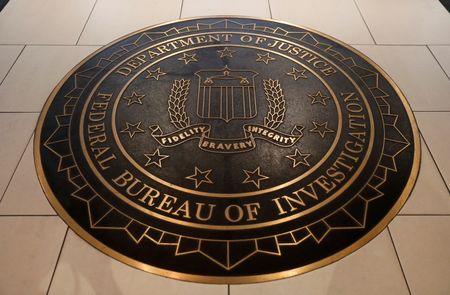 1
1 1
1
By Zeba Siddiqui
(Reuters) – A U.S. surveillance program aimed at countering foreign threats that intelligence officials have used to spy on Americans faced resistance from both Republicans and Democrats at a Senate hearing to discuss its renewal on Tuesday.
President Joe Biden’s administration has backed renewal of the program, effected through the 2008 statute Section 702 of the Foreign Intelligence Surveillance Act (FISA), saying it is vital to U.S. national security.
Officials from the FBI and the Department of Justice (DoJ) said the program had been critical in drug smuggling cases, foreign cybersecurity threats and cross-border crimes.
But Congress members demanded explanations for past compliance issues. A court order unsealed last month showed the FBI had improperly searched the database for Americans’ information more than 278,000 times over several years – including for details of people arrested during U.S. protests against police violence.
“That number should not just be going down, that number should be zero,” Republican Senator Mike Lee said.
Democrat Peter Welch asked why there couldn’t be a warrant requirement for searches about Americans – a rule privacy rights advocates have also called for. He said it was “absolutely astonishing” that intelligence officials had searched for information on Black Lives Matter protesters.
While the program is aimed at finding information on non-Americans living outside the United States, their communications with U.S. persons are also gathered in the database.
FBI Deputy Director Paul Abbate said past compliance issues had been rectified and the agency had instituted two new measures to strengthen the program’s oversight.
Those include a “three-strike policy” and potential firing of officials misusing the program.
Intelligence officials said the database had helped them identify the hackers behind the 2021 hack of the Colonial Pipeline – one of the most significant cyberattacks against the United States, which disrupted fuel supplies to the country’s southeast for days.
“Although purportedly targeted at foreigners, Section 702 has become a rich source of warrantless government access to Americans’ phone calls, texts, and emails,” a group of 21 rights organisations, including the U.S. nonprofit Center for Democracy & Technology, said in a joint statement on Monday.
(Reporting by Zeba Siddiqui in San Francisco; Editing by Gerry Doyle and Lisa Shumaker)